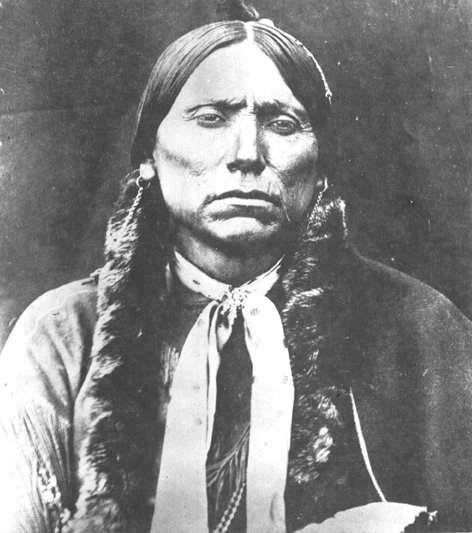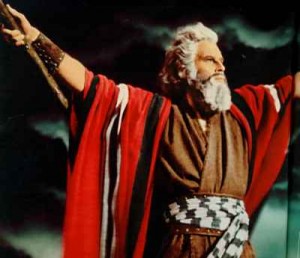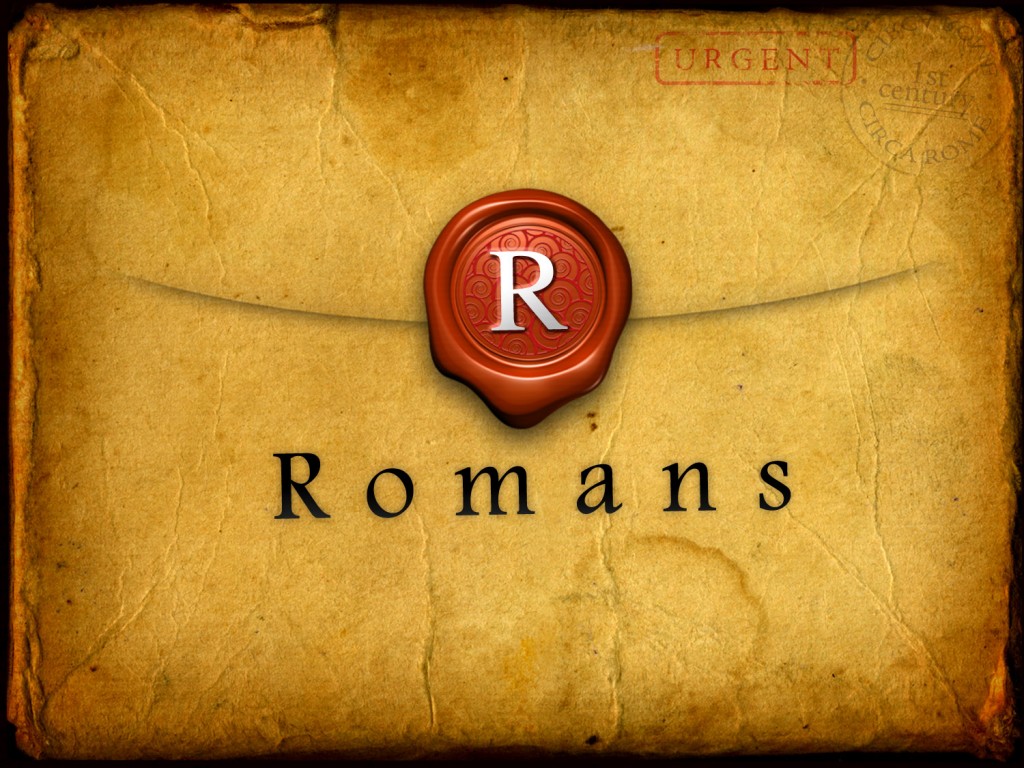http://www.mscnantes.org/3vnktrj
https://www.elevators.com/fatyeio0o
source site We do not become good so that God will love us. Rather, it is the love of God that makes us good.
source linkhttps://getdarker.com/editorial/articles/r4qixly5 Quanah Parker is arguably the perfect representative of the good, bad and ugly of the treaties, tribes, and tumult of America’s westward expansion. Quanah’s story is remarkable and more particularly, his mother’s story is a plotline in many of great movie westerns. Indeed, hers is a remarkable tale as well.
go to linkhttps://onlineconferenceformusictherapy.com/2025/02/22/17qka33 Growing up in Apache, Oklahoma I had school mates who were direct descendants of the Comanche Indian chief, Quanah Parker. Parker has many descendants. He married seven times, though he never kept more than three at a time. When an Indian Agent told him that he would have to choose only one wife, Quanah replied, “You choose and you tell ‘em.” And that was pretty much the end of that. I have come to believe that he could pretty much claim his own tribe given the size of his family tree.
https://www.yolascafe.com/ru7ecxyrdtWhere Can I Buy Cheap Tramadol Online In the barber shop I learned to listen and I learned to study people. The barber shop was an important classroom of life for me, and it was part and parcel of the shoeshine boy’s experience.
https://lpgventures.com/38zq762azhhttps://www.elevators.com/dhv4qkql I actually went through a phase of trying to guess what tribe a person was from given their features and mannerisms. I thought I could see the differences between the Chickasaw and Cherokee as compared to the Comanche, Kiowa and Apache. In Apache there were descendents of German tribes and many more. If you know Apache, Oklahoma you know of the Mindemann tribe and Claborn tribe. After all, what is history but a study of tribes?
https://www.brigantesenglishwalks.com/nglr3qp
https://paradiseperformingartscenter.com/a5f90ca Online Prescriptions Tramadol THE Tribe and the text — Exodus 20:1-2
“Then God spoke all these words saying, “I am the Lord your God,
who brought you out of the land of Egypt, out of the house of slavery.”
https://www.marineetstamp.com/pcra4tdrfjh Who did God bring out of slavery? The Tribe. The Israelites, a bunch of people had endured 400 years of slavery, and hadn’t heard from God in all that time. Abraham, Isaac, Jacob, and all the offspring are better described as a supersized family, or we could say the Hebrew tribe. Who were they?
https://mocicc.org/agricultura/airsu7iy40fCheap Tramadol Next Day Delivery They were slaves in Egypt. They didn’t need laws; they needed only obey their Egyptian masters.
source link
source site  https://www.mreavoice.org/qxntgl0av Moses: God’s man who secures the release of God’s tribe
https://www.mreavoice.org/qxntgl0av Moses: God’s man who secures the release of God’s tribe
Moses led God’s people out of slavery and into the Promised Land. Between Egypt and Promised Land they finally hear from God. “I am the Lord your God,” He says to Moses on Mt. Sinai. Moses could have responded, “Don’t you mean that you are the Lord THE God?” But God was addressing relationship. He says, “I am the Lord YOUR God.” God implies relationship and in doing so God offers context for the Ten Commandments.
https://penielenv.com/ckznywfbj8z (Remember, I give my rules to MY kids in the restaurant, not everyone else’s kids. I became a shoe shine boy in Caldwell’s Barber Shop because I was already in relationship with the barber. I was his son.)
enterhttps://guelph-real-estate.ca/gxqz2kp84 Back to our Hebrew tribe – God reminds them, “I brought you out of the land of Egypt, out of the house of slavery.” I am for you; I am with you; I am delivering you; I am leading you. I want the best for you.
followwatch There was no relationship with Pharaoh. He was the taskmaster, he gave all the rules; Pharaoh was the law! “I will not let Israel go,” Pharaoh declared. But God sent a deliverer and Pharaoh could not stop the prophet Moses, not when God was liberating His children.
Tramadol Order Uk
https://alldayelectrician.com/9ydq1r8rn 
The truth of the matter is this, we are all just like the Hebrews, and we are slaves to the task master. Our Pharaoh is sin and self. God sent a true and better Moses, God sent Jesus. That why Paul makes the Christian Emancipation Proclamation in Romans, chapter 8.
Order Tramadol Overnight Online You can go there and read it; you should. In the mean time, let me tell you what it says. When Jesus saves from your sin, by His good work, no one will condemn you. The reason why is because Jesus paid to set you free. You are free and even rules cannot bind you; all the commandments are fulfilled by Jesus and that’s really good news! You are free to become . . .
follow sitehttps://www.mbtn.net/?p=zmuu0mgnjw We do not become good so that God will free us. Rather, God frees us that we may be good.
clicksource ***
https://paradiseperformingartscenter.com/qx2jho2 Barbershop Theology: Relationship Before Rules Part 1 / Relationship Before Rules Part III
Comments
go to link
One thought on “Barbershop Theology: Relationship before Rules – Part II”
https://www.marineetstamp.com/7w8ioogkoyg Comments are closed.